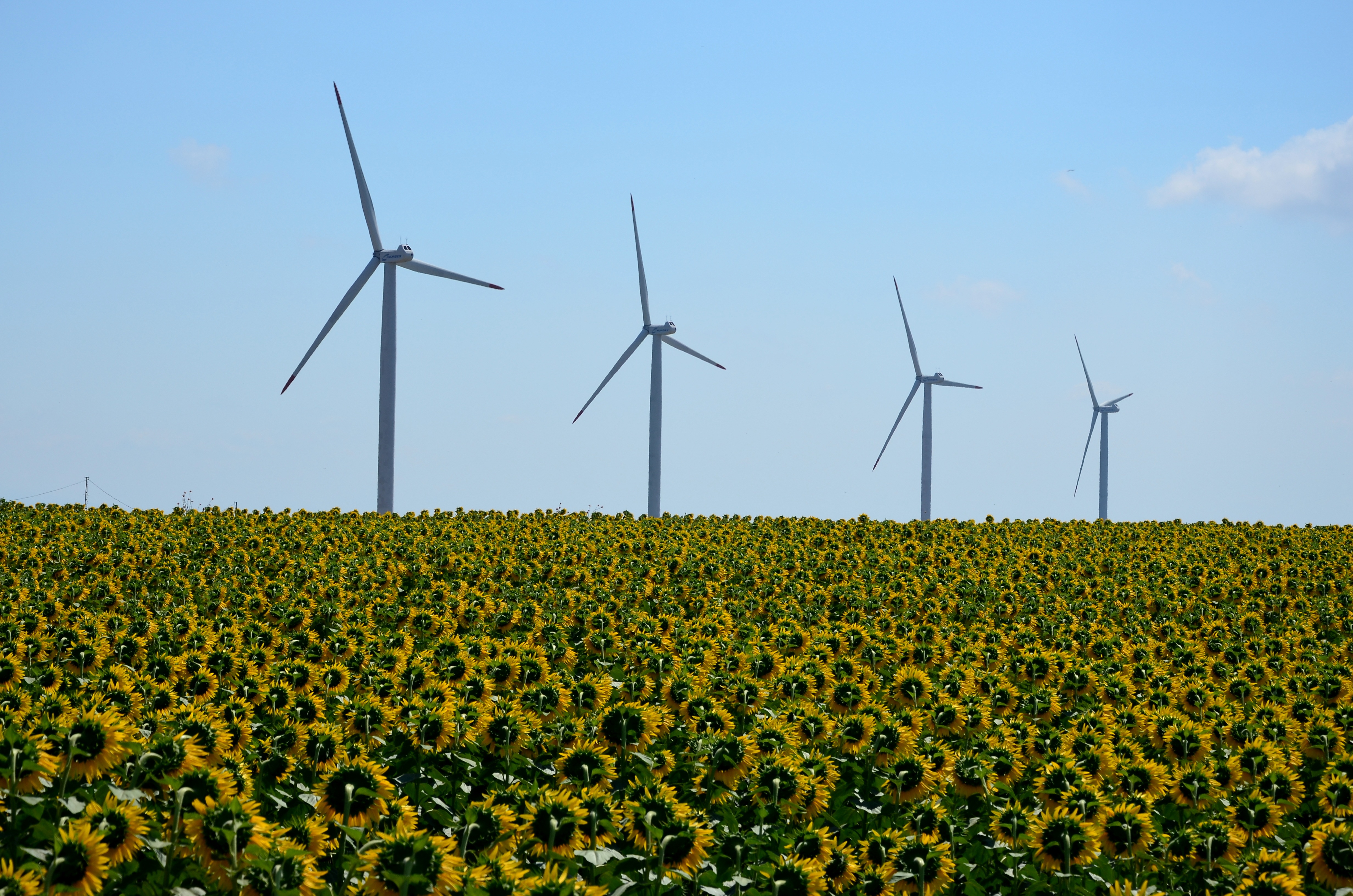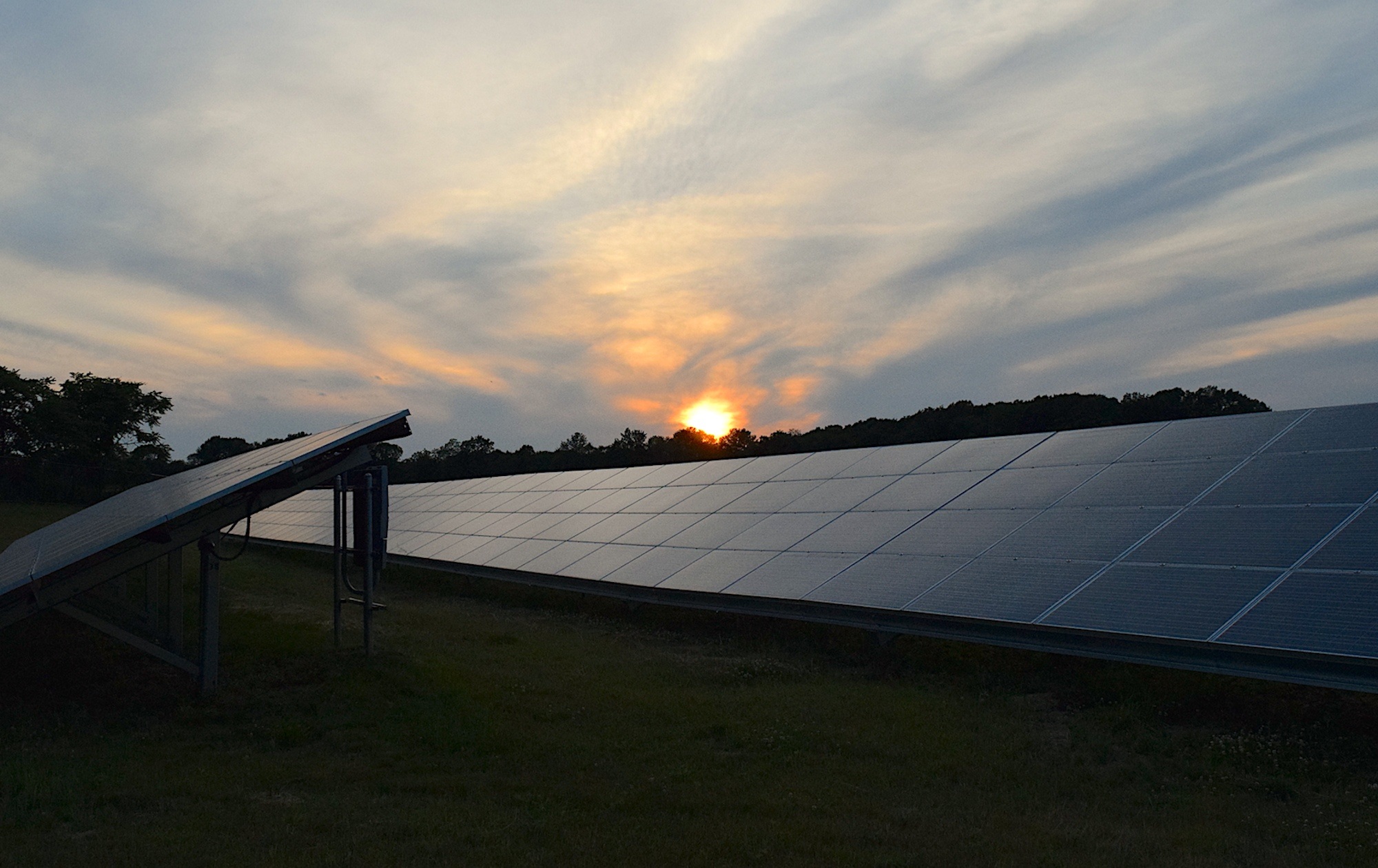Call for Abstracts
Background and Aims
 Many countries worldwide aim at climate neutrality by 2050. A key strategy to achieve this goal is the use of renewable energy sources (RES), like wind energy, photovoltaics and bioenergy. However, the deployment of RES technologies produces sustainability impacts and trade-offs: While contributing to the mitigation of climate change, RES deployment also generates energy system costs and may adversely affect human well-being and biodiversity. These impacts and trade-offs are heterogeneous in space and time and need to be considered carefully when siting RES plants.
Many countries worldwide aim at climate neutrality by 2050. A key strategy to achieve this goal is the use of renewable energy sources (RES), like wind energy, photovoltaics and bioenergy. However, the deployment of RES technologies produces sustainability impacts and trade-offs: While contributing to the mitigation of climate change, RES deployment also generates energy system costs and may adversely affect human well-being and biodiversity. These impacts and trade-offs are heterogeneous in space and time and need to be considered carefully when siting RES plants.

The MultiplEE Workshop thus seeks to explore policy strategies to govern the sustainable spatial allocation of RES deployment. For this purpose, it aims to discuss both spatial impacts and trade-offs of RES deployment as well as policy instruments to address them. Policy instruments under consideration may range from market-based approaches to spatial planning and regulatory law. The workshop also strives to synthesize lessons learnt and to identify avenues for future research.
Specific Research Topics
We invite empirical and theoretical submissions motivated by one or several of the following research topics:
- Spatial impacts and trade-offs of renewable energy deployment (e.g., environmental impacts, distributional concerns, energy system costs)
- Designing policy instruments to address spatial trade-offs, including comparative international policy analyses
- Coordination of renewable energy policies across different levels of government (supra-national, national, regional, local)
- Dealing with spatio-temporal dynamics and uncertainties in regulation
Contributions from a broad range of disciplines are welcome, including environmental sciences, economics, law, political science, spatial planning, geography, and energy system analysis.
Format and Submissions
This workshop will bring together a focused group of approximately 30 researchers from different disciplines, including invited keynote speakers. Presentations are complemented by discussants and will take place in parallel sessions or egg timers. In addition, interactive exchange formats will provide a stimulating environment for productive discussions and the development of new research ideas. The workshop language is English.
Extended Abstracts (PDF file, max. 2 pages excluding references) can be submitted until September 15th. All abstracts will be reviewed. The maximum number of papers per person is limited to one. The papers will be selected based on their scientific quality, originality, and how closely they relate to the main workshop themes. We also strive for a balanced mix of genders, senior and junior researchers, and international backgrounds. There is no attendance fee.
Additional Information
We intend to publish a selected choice of papers presented at the workshop in a special issue of an international, peer-reviewed journal.
All presenters of accepted abstracts are expected to have financial resources to cover all expenses related to the workshop: travel and accommodation charges.

